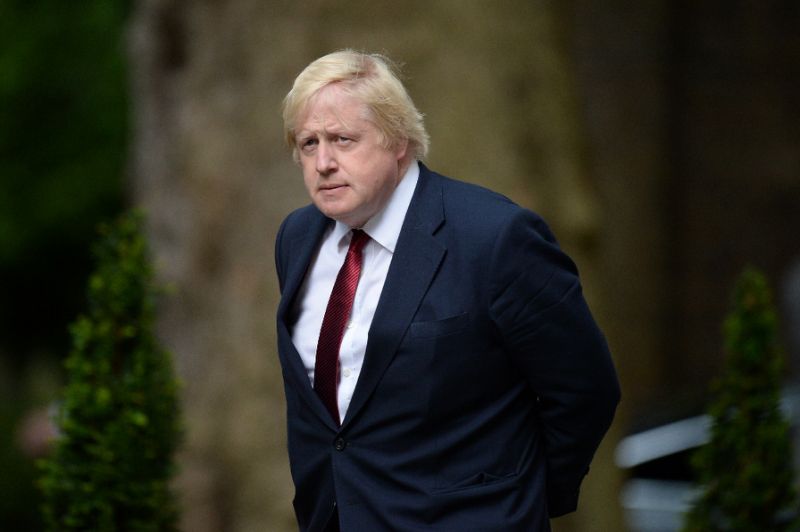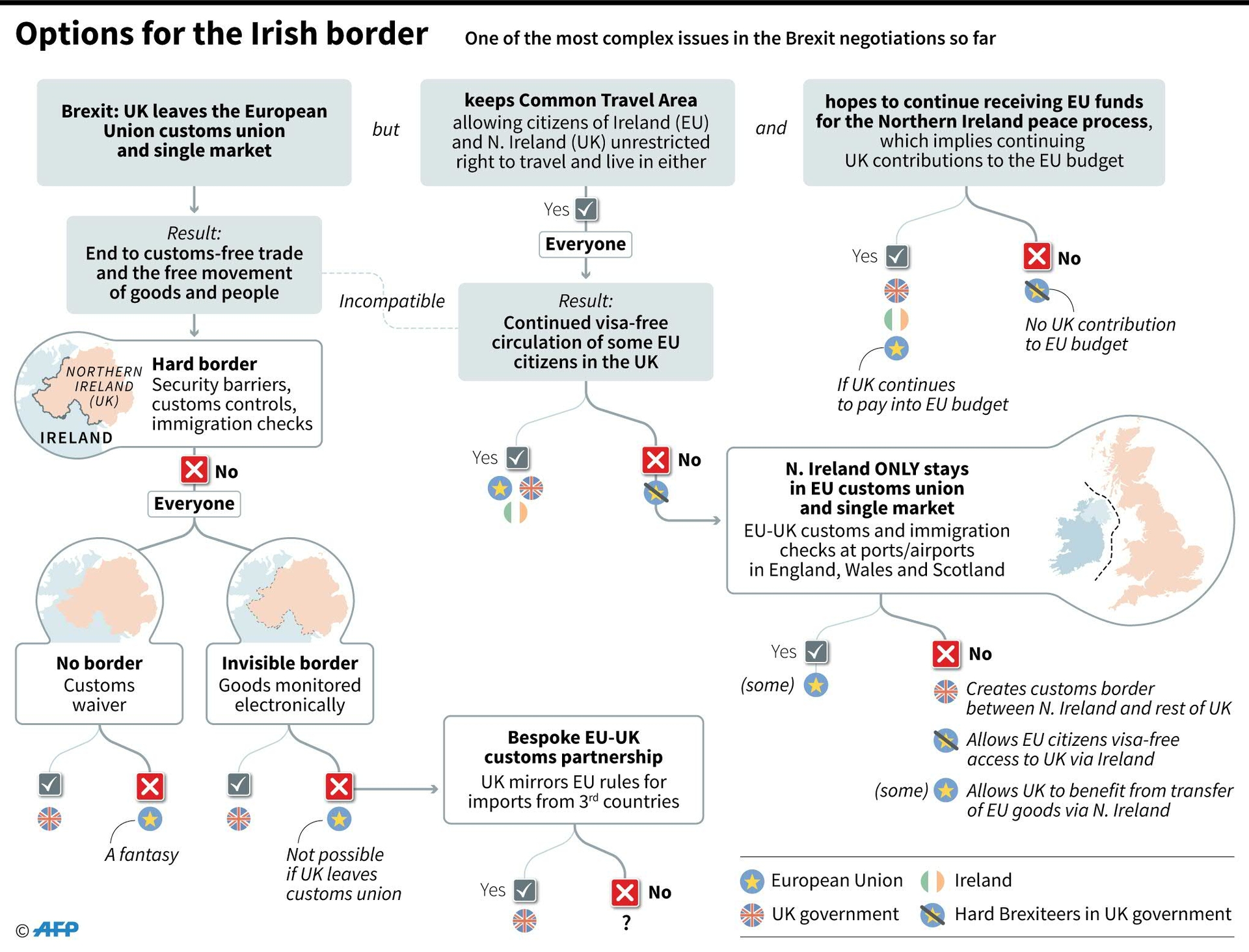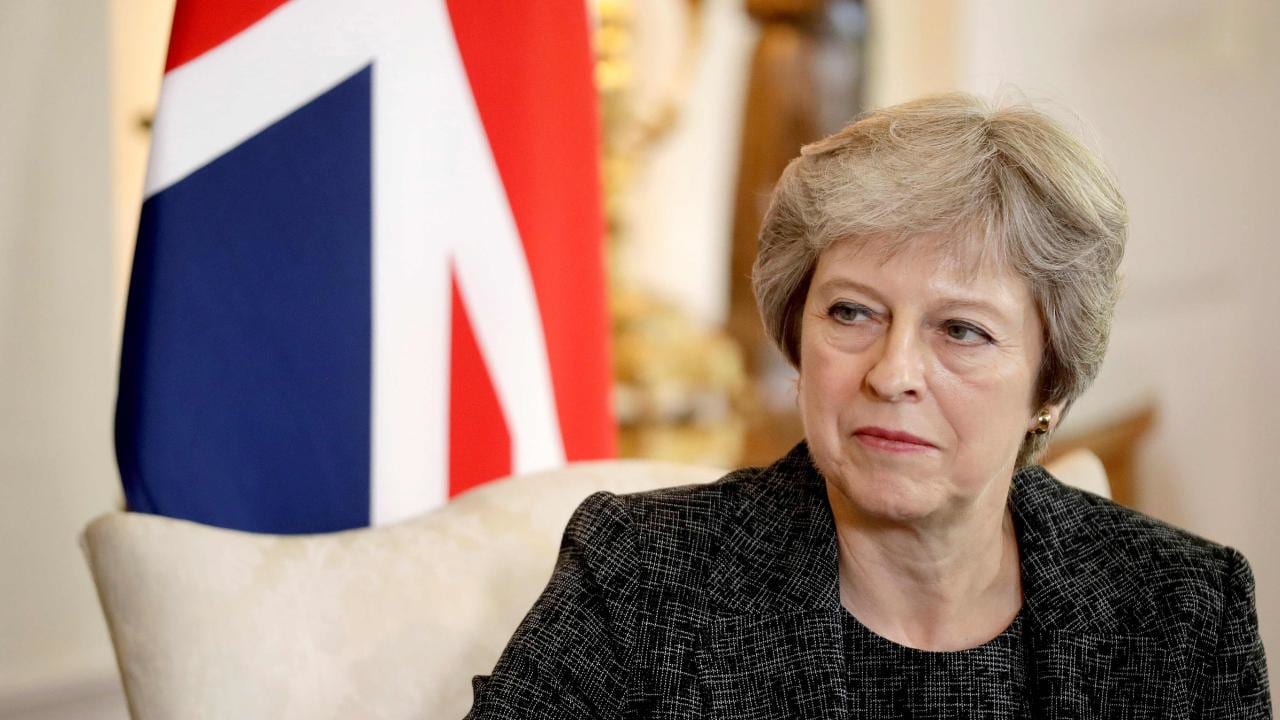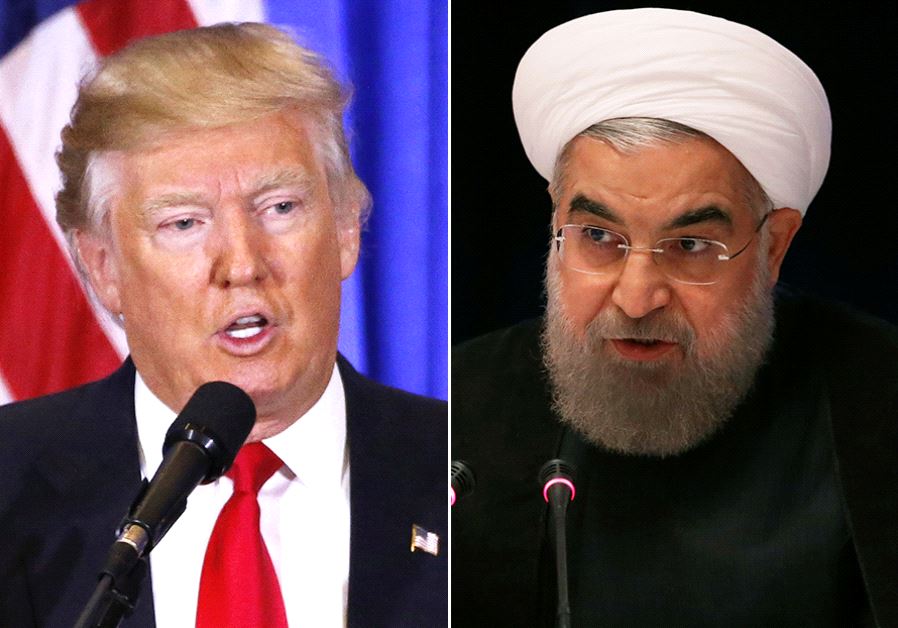With less than six months to go until the United Kingdom leaves the European Union, you might expect there to be some sort of plan or even a draft agreement between the two. This does not appear to be the case. In fact, it seems the odds of Britain crashing out of the E.U. without a deal are around fifty-fifty. This does not instill confidence in business or in the public.
Part of the problem is that there appears to be little agreement among politicians as to what form of Brexit is the most desirable. Prime Minister Theresa May drafted out her vision in her “Chequers Plan” in July 2018. This plan was her blueprint as to how she envisaged the future relationship.
It included a common rulebook for all goods, the continued harmonization of British and E.U. regulations, and clarifications on border control and tariffs. Britain would charge any tariffs on goods coming into the U.K. Any goods landing in Britain but heading on to the E.U. would be charged by the British on behalf of the E.U. Britain would regain control of immigration policy and be able to curb those who wished to enter the country. The jurisdiction of the European Court of Justice would no longer apply, although there would be a joint institutional framework to interpret any U.K.-E.U. agreements.
Meager Support for Chequers Plan
Support for May’s plan has been far from universal. It has been derided by many Conservative Brexiteer politicians, including David Davis (the Minister in charge of Brexit negotiations) who even resigned from the cabinet over the plan. Politicians such as Boris Johnson and Jacob Rees Mogg have been even more scathing, arguing it leaves Britain “neutered” and tied to the E.U.

In this respect, Rees Mogg and Johnson are not wrong. The Chequers Plan does leave Britain closely tied to the E.U. but still able to negotiate new trade deals with non-E.U. countries. For hardline Brexiteers, any ties to the E.U. must be severed, otherwise, there is no Brexit. Unless such demands are met, these politicians will work to remove Theresa May as prime minister.
On the other side, politicians who wish for the U.K. to remain in the E.U., or for the withdrawal to be as limited as possible, have questioned whether the plan is workable. The E.U. itself has also questioned the extent to which the plan can be implemented. For example, how will the U.K. collect any tariffs for the E.U. separate to the tariffs for Britain (especially if they differ)? Who will police the collecting of E.U. tariffs? These types of questions, while technical in detail, need answers before the Chequers Plan can be accepted. The only people who seem to support the Chequers Plan are the members of Theresa May’s cabinet (and even that could be challenged).
The situation became far worse at the E.U. summit in Salzburg in September, where politicians from all member states lambasted May’s plans. In their eyes, the Chequers Plan was deemed as unworkable, as it had been when first drawn up. The British media presented this as a humiliation for Theresa May, and the pressure mounted as to whether she would be capable of staying on as prime minister. May’s response was to come out in full attack mode, demanding respect from the E.U. as an equal negotiator. This barrage was clearly for domestic consumption, and many in the E.U. turned a blind eye.
Theresa May’s Last Stand?
Every year, in late summer or early autumn, British political parties hold their annual conference. This year’s Conservative Party conference is being portrayed as May’s last stand. She has to convince her party that she and her government are capable of negotiating a deal with the E.U. Her starting point remains the Chequers Plan. Demands for alternative proposals are cast aside. Demands for a second referendum, to gain public approval of any package negotiated with the E.U., are dismissed. The people made their decision in 2016, says Theresa May, and she plans to implement the withdrawal process.
This is not going to be easy. May does not have a majority in Parliament. To get any package through Parliament will require compromise with politicians from other parties. The Leader of the opposition, Jeremy Corbyn, has made the Labour Party position clear. In brief, they will not support any deal that harms Britain.
The Labour plan is for the U.K. to remain in “a” customs union with the E.U: a bespoke customs union, negotiated by a future Labour Government. It is likely some anti-Brexit Conservative MPs may support Corbyn’s position. The Northern Ireland-based Democratic Unionist Party, that is propping up Theresa May’s government, will not support any deal that harms their position in Northern Ireland. All other parties in Parliament are likely to oppose May’s deal.
As things currently stand, there is unlikely to be a parliamentary majority in support of the Chequers Plan. The problem for Theresa May is that she does not seem to have a backup plan. Her only option may be to make the vote one of confidence in her premiership. If she loses, the result will be a general election. Such a threat will probably force pro-E.U. Conservative M.P.s to “toe the party line.” The Brexiteers will not be so compliant. In such a situation, the Labour Party will oppose the legislation and happily go to the polls in the belief they can win a general election and negotiate a better Brexit deal.
Irish Border
In some respects, it is the relationship between Northern Ireland and the Republic of Ireland that is the greatest stumbling block. How is that border going to be managed? Currently, with Britain in the E.U., there is in effect no border. For the free movement of goods, services, and people to continue, Britain must remain in the E.U.’s single market – something which Theresa May states is unacceptable.

Britain would like free movement of goods across the Irish border, but not necessarily free movement of people. Control of immigration was one of the biggest factors in the vote to leave the bloc. From the E.U. perspective, this is not possible. There is either free movement of goods, services, and people and membership of the single market, or there is not. Alternative proposals such as leaving Northern Ireland in the single market, but the rest of the U.K. leaving, are constitutionally unviable for the U.K. This complex issue was dismissed as a minor point during the E.U. referendum campaign in 2016.
There is an ancient Chinese curse: “may you live in interesting times.” This period before Brexit is definitely “interesting.” Nobody knows what the outcome will be, or even if Theresa May will remain prime minister long enough to see the negotiations through. Plans are already being made by the government to stockpile food and medicines in case a “no deal” Brexit occurs. Yet if things go that badly, the hardline Brexiteers will blame the May Government and the Remainer MPs for botching the negotiations. In their eyes, that is the only reason why Brexit could fail.
Deal or No Deal?
At this moment, there is no “success” or “fail” in the negotiations. They are still ongoing. It is the perceptions that matter. To a hardline Brexiteer, any remaining links to the E.U., no matter how insignificant, will be deemed a failure. Conversely, for those who wish the U.K. to retain links with the E.U. – possibly in some form of customs union – an inability to deliver on this will be deemed a failure.
A deal will be reached; although it could be delayed by a couple of years. Regardless as to what deal is reached, Theresa May will not be Conservative Party leader far beyond the day that the U.K. leaves the European Union on March 29.
Disclaimer: The views and opinions expressed here are those of the author and do not necessarily reflect the editorial position of The Globe Post.





















